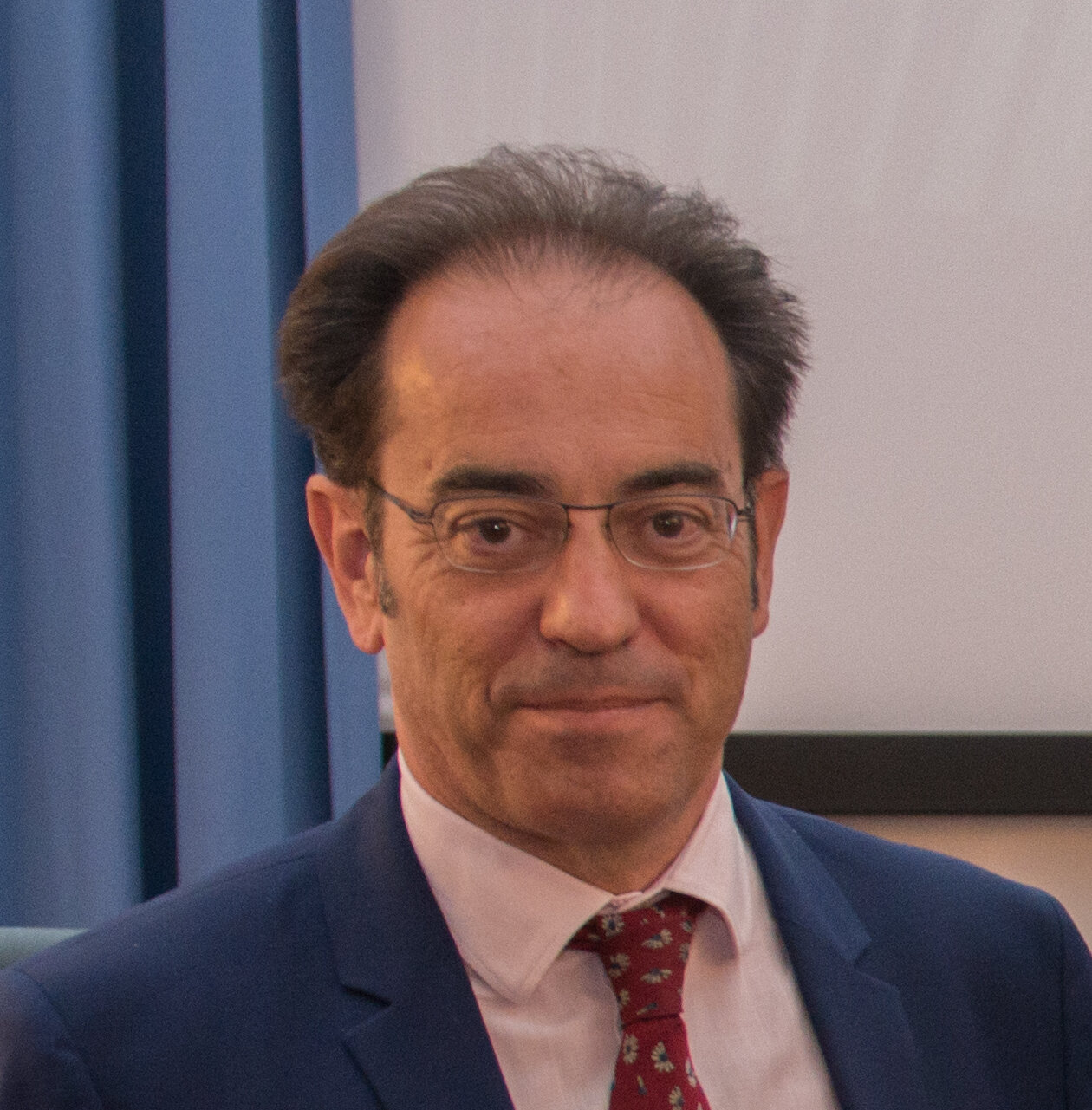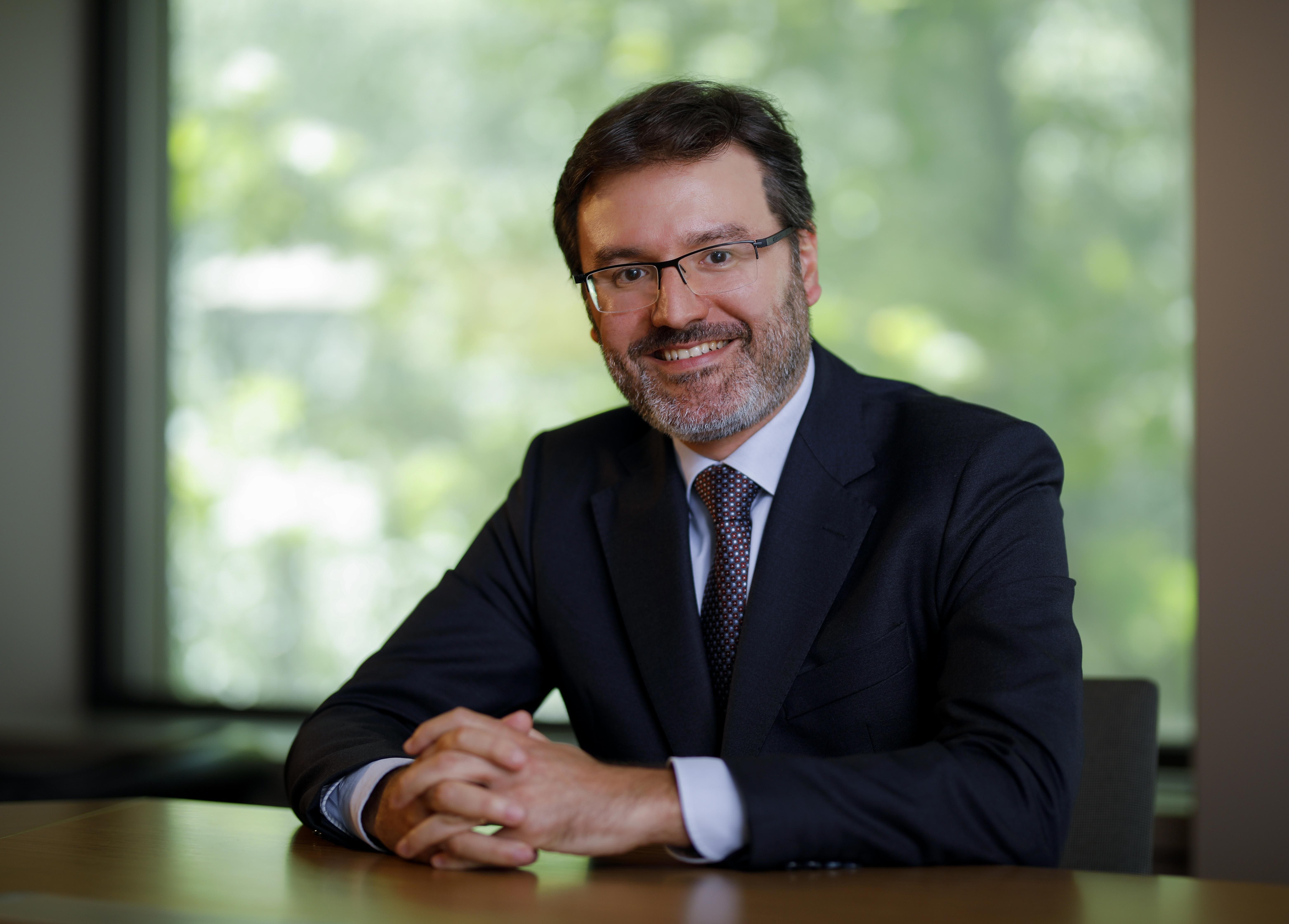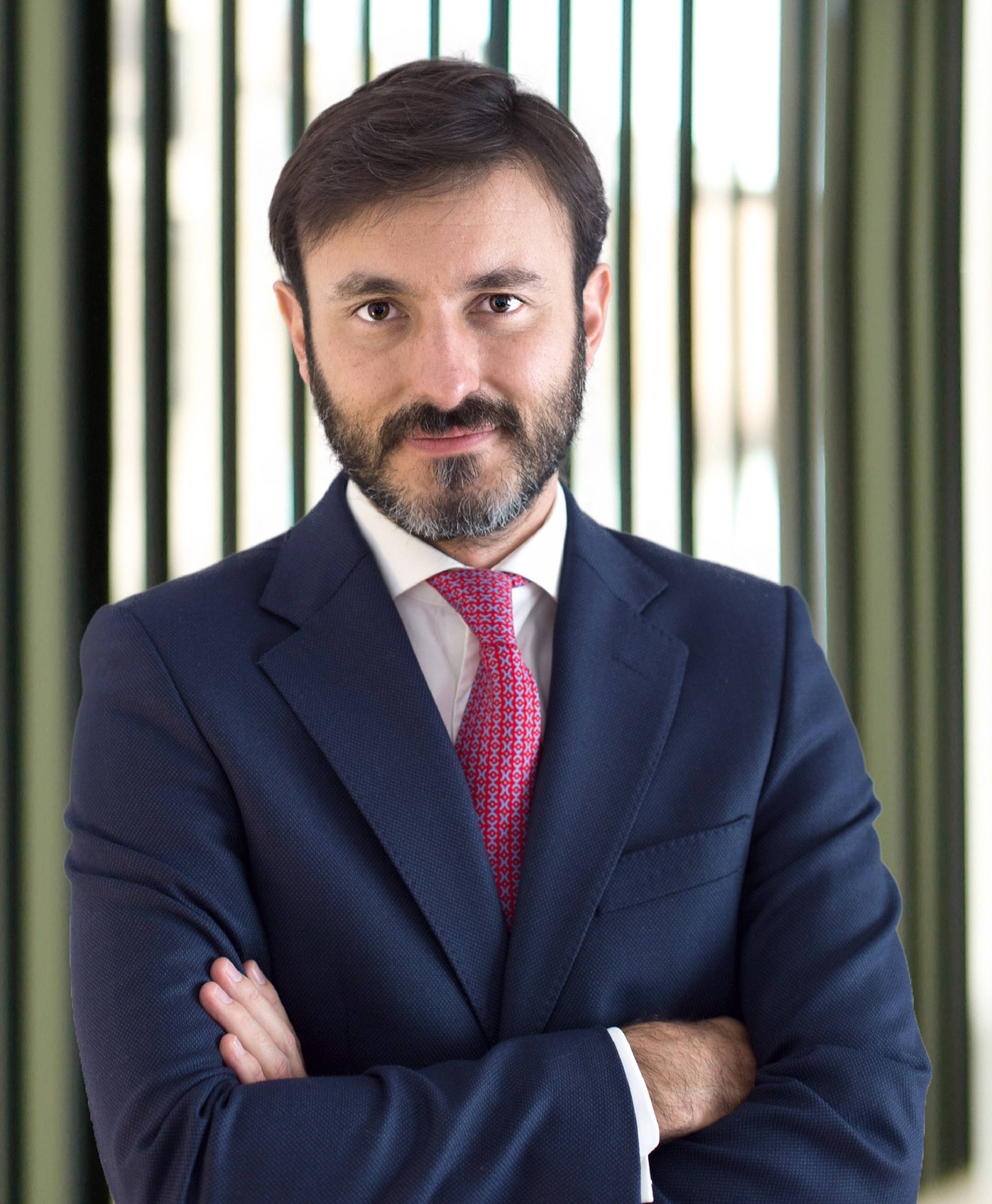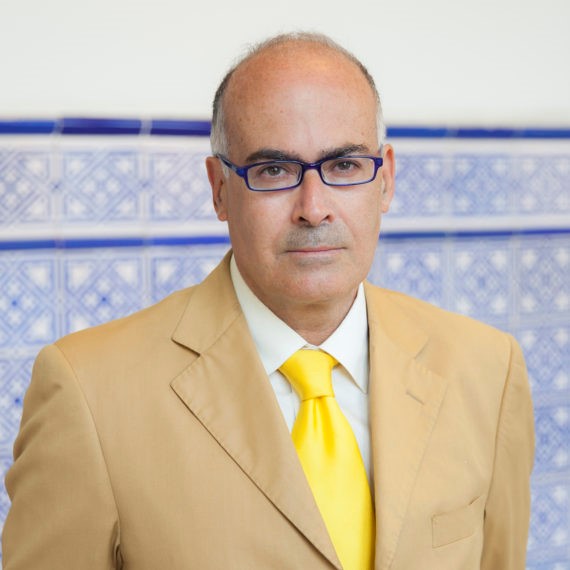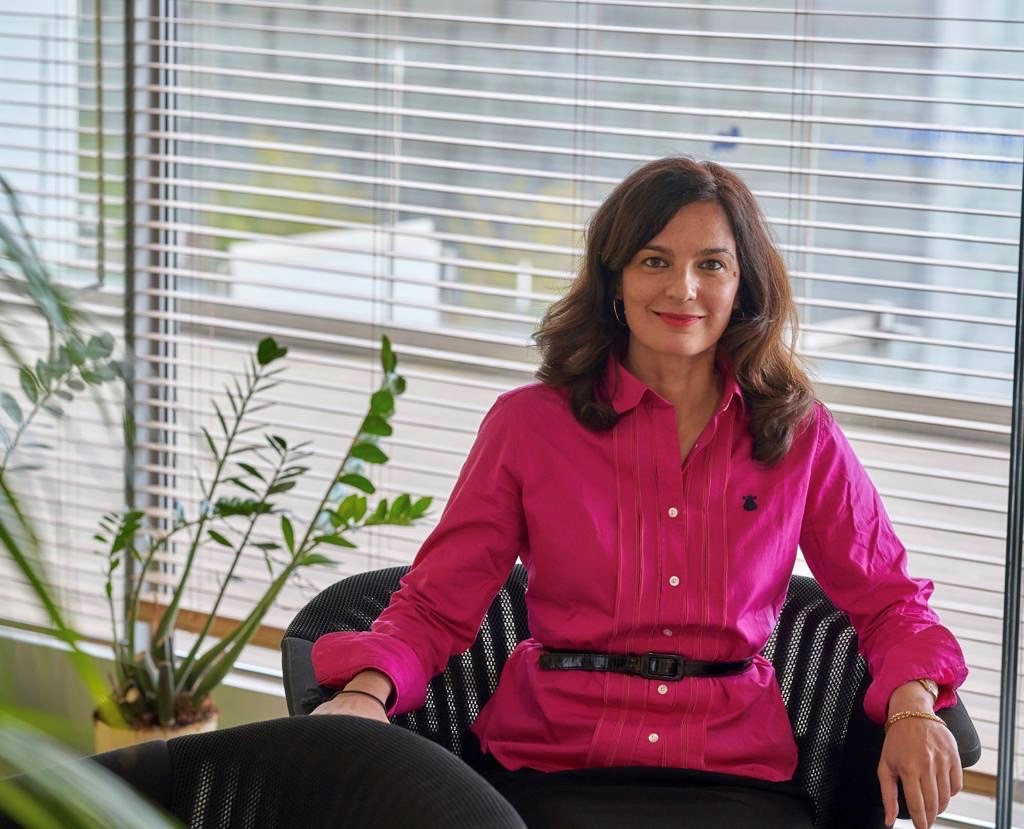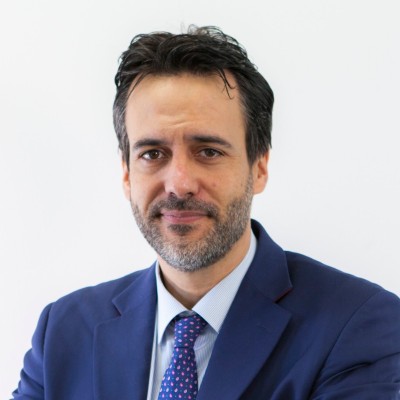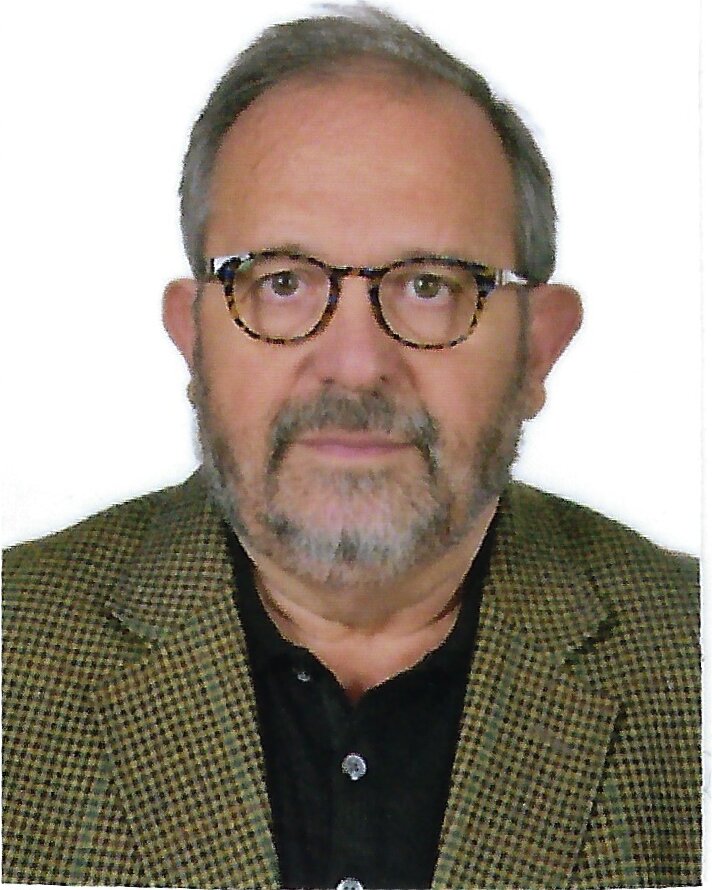Governing Bodies
Our governance structure includes a number of decision-making bodies at various levels.
General Assembly
The General Assembly is the association’s highest governing body and is composed of all members.
Alastria activity reportsBoard of Directors
Its purpose is to ensure that all decisions made at the General Assembly are implemented, as well as overseeing and supporting the work of the various committees.
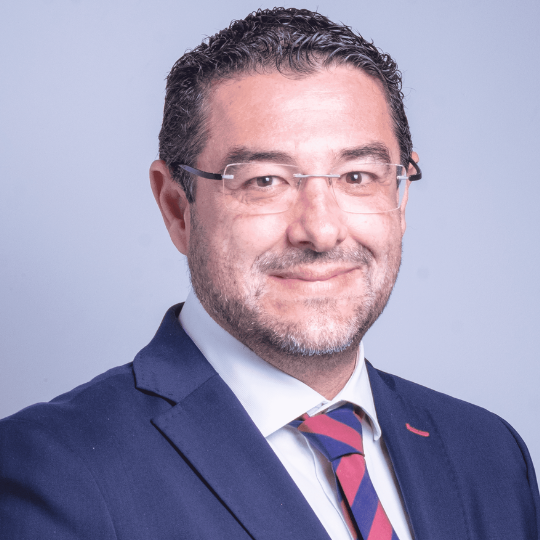
Miguel Ángel Domínguez ADD4U
President
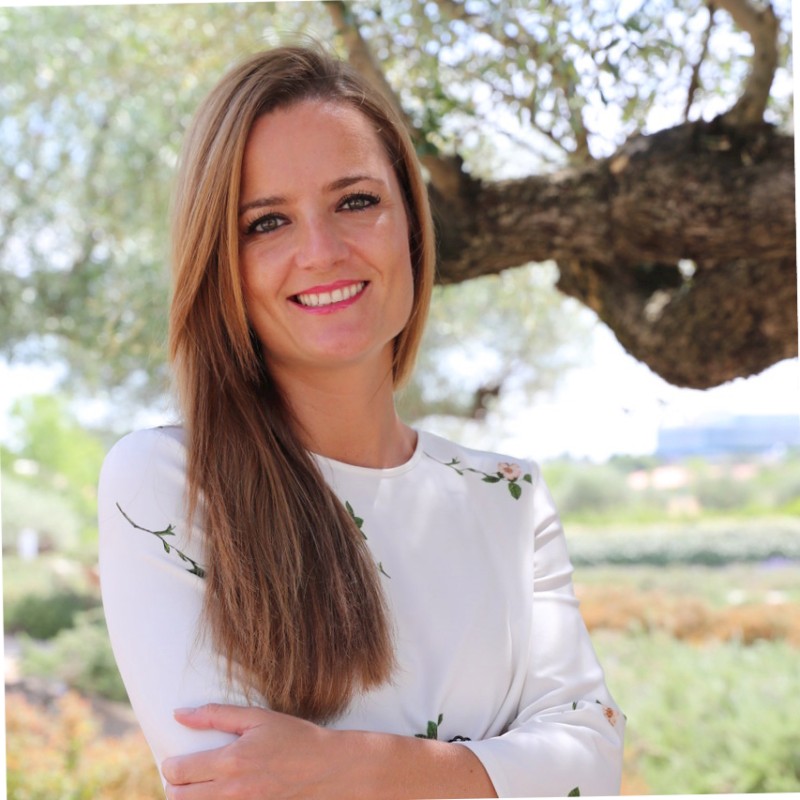
Mª Concepción de Monteverde Banco Santander
Vicepresident

Luis Pastor Independent
Vicepresident

Francisco Maroto BBVA
Bursar
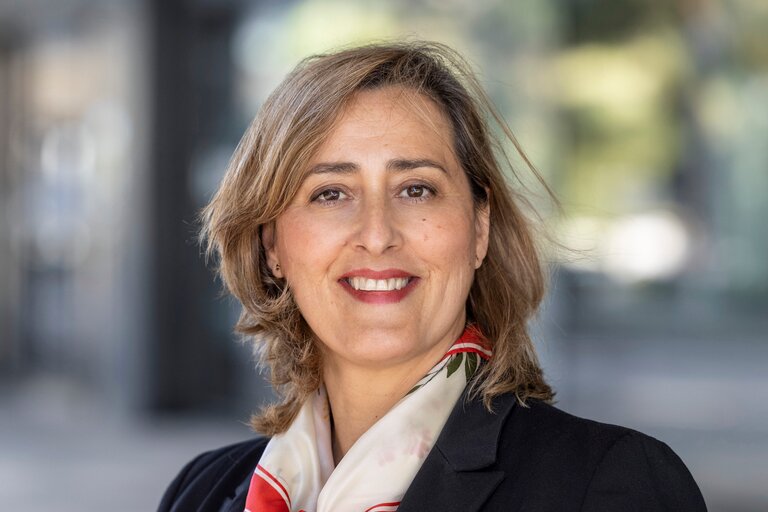
Nuria Ávalos Repsol
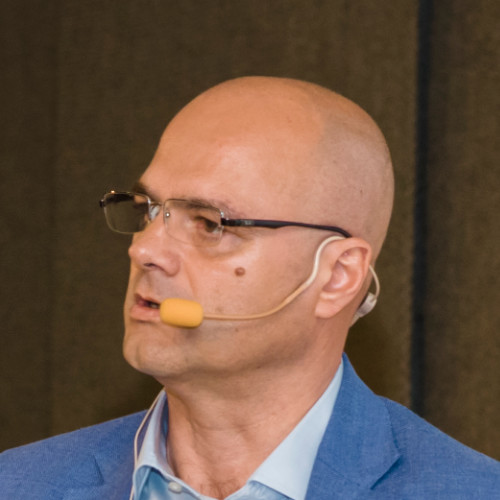
Jesús Ruiz IN2

José Luis Núñez Telefónica
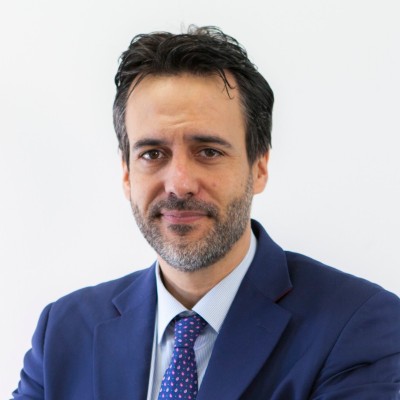
Luis Garvía Universidad Pontifica Comillas
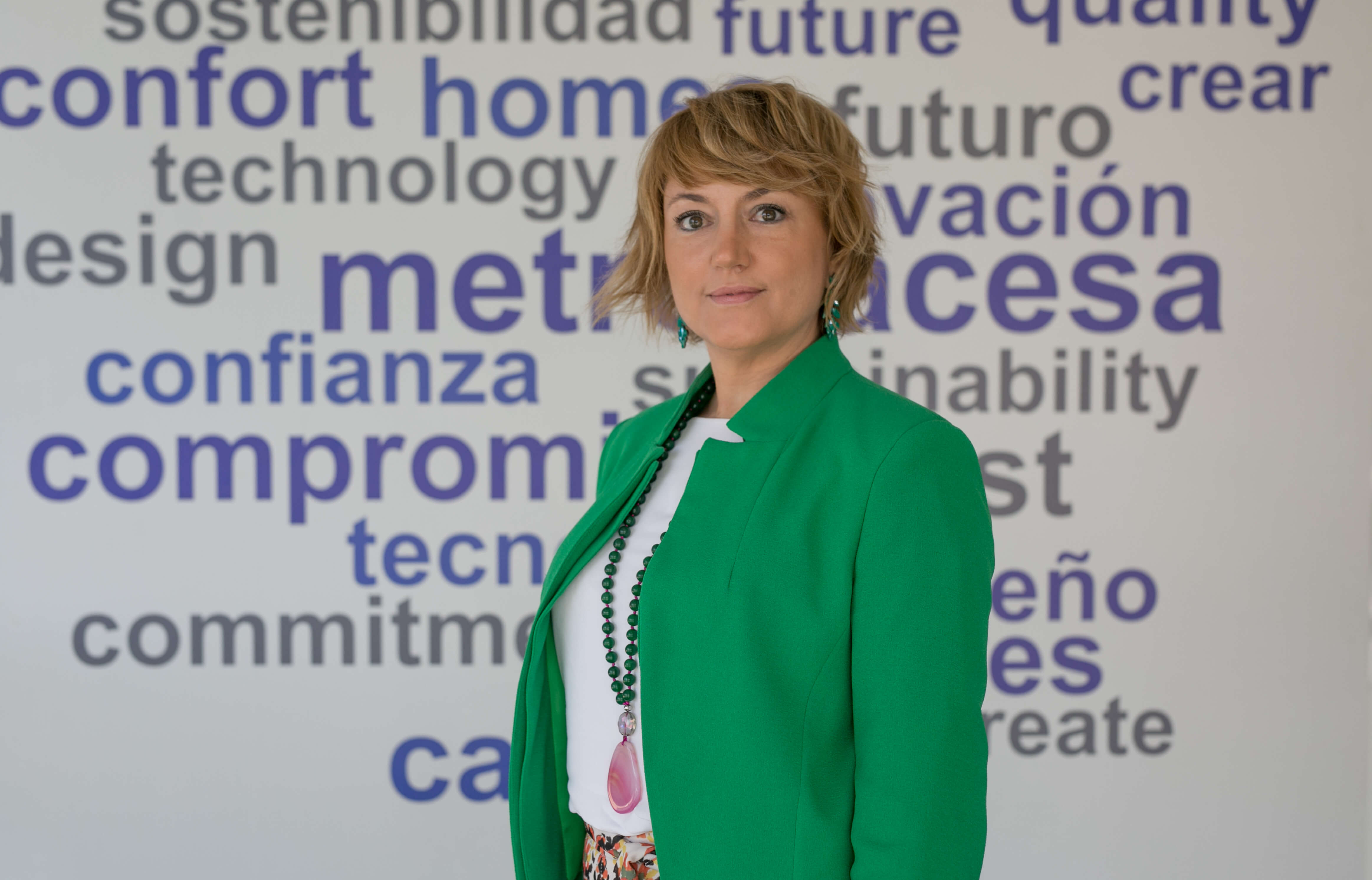
Carmen Chicharro Metrovacesa
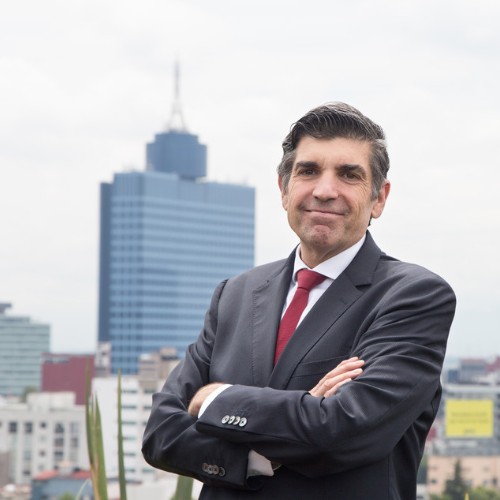
Juan Cumbrado MAPFRE
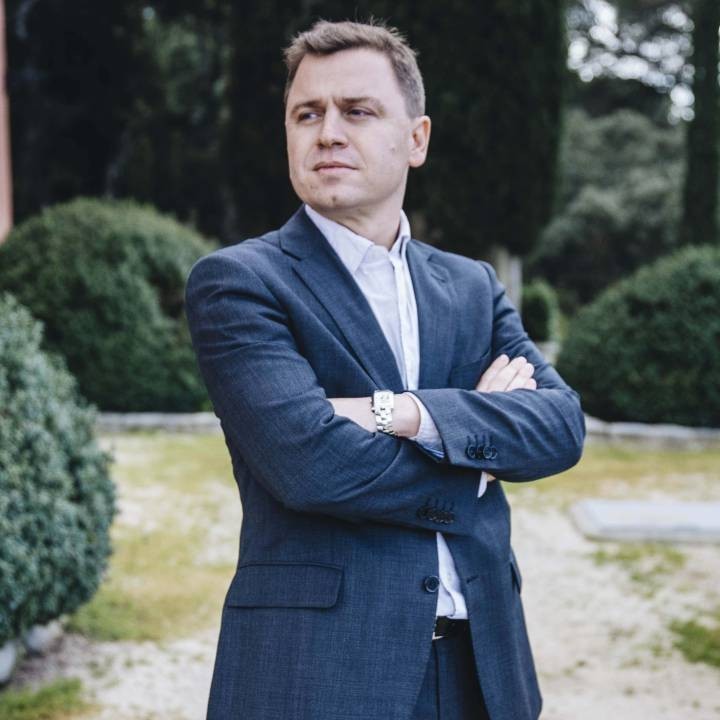
Manuel Calderón Inetum
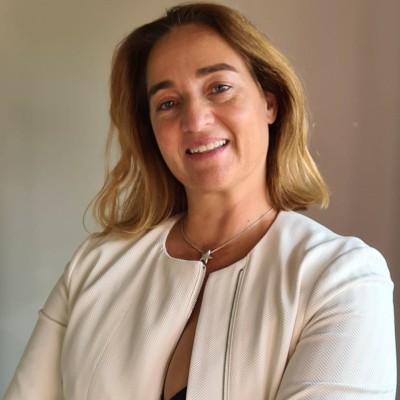
Cristina Martín Lorenzo Usyncro

Miguel Calero Izertis
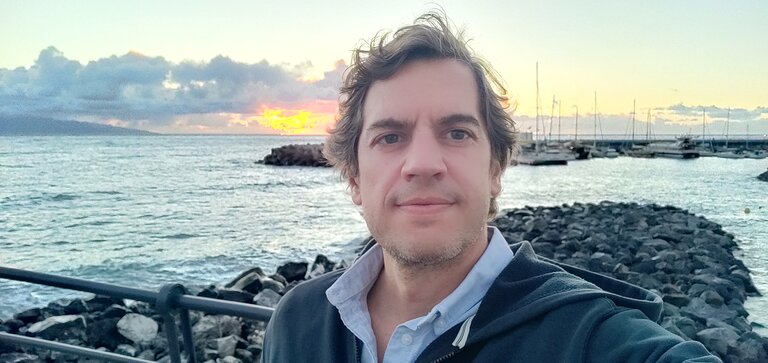
Carlos Kuchkowsky Independent

Almudena de la Mata Blockchain Intelligence

Wladimiro Navarro Addalia

Antonio López Lópeze SILO
Participation Bodies
The committees and sectoral committees are where Alastria’s activity happens, with members engaging and working to further advance blockchain technology. The committees address the cross-cutting, multi-sectoral impact of blockchain deployment, while the sectoral committees focus on solving challenges and adding value to this technology in a variety of industries with the support of all relevant stakeholders.
At Alastria we work with a decentralised approach and rely on the strength of local ECOsystems (ECOs) to foster talent and develop use cases in each territory.
Technology Strategy Committee
Maps out the technology strategy and makes technical decisions on how to build, accelerate and improve decentralised infrastructures. The core teams of the blockchain networks promoted by our members play a key role, with support from the Alastria Tech team.
Identity Committee
Designs and develops Alastria’s open source digital identity model. Promotes the standardisation and development of use cases using the model across industries.
Resilience Committee
Implements the necessary policies to ensure the security of the networks promoted by Alastria’s members, constituting the third line of defence.
Legal Committee
Develops Alastria’s legal corpus on the juridical issues surrounding distributed ledger technology, in order to position Alastria as a point of reference in national and international forums dealing with legal and regulatory matters.
Standardisation Committee
Plays an active part in Spanish and international standardisation bodies, developing technical specifications related to blockchain, mainly for digital identity.
Research and Technology Transfer Committee
Promotes applied research in the field of decentralised technologies and the relationship with universities and higher education centres.
ESG Committee
Maximising the positive impact of Alastria's activity on the environment, society and good corporate governance, as well as supporting members in their contribution and impact. Defining the principles of sustainable and responsible blockchain and leveraging its use.
Arts and Digital Culture Sectoral Committee
Builds synergies to speed up blockchain uptake in this industry for the market’s key players: artists, platforms and investors. It has three working groups: legal and tax, functional and technological.
Financial Services Sectoral Committee
Creates a network effect with an inclusive outlook, encouraging the participation of stakeholders from regulated industries and those pending regulation (crypto, DeFi, etc.). It has five working groups: payments; cooperative and rural banking; insurance; asset management and wealth management; and wholesale, corporate and investment banking.
Transport, Logistics and Supply Chain Sectoral Committee
Identifies challenges in the transport, logistics and supply chain space and the value contributions of blockchain.
Real Estate Sectoral Committee
Supports members who are working on innovative projects for the industry and shares use cases that promote the application of blockchain technology in real estate.
Energy and Industry 4.0 Sectoral Committee
Connects energy industry challenges with blockchain-driven solutions.
Cyber/AI Sectoral Committee
Explores the impact and benefits of converging blockchain with other disruptive technologies.
Health and Pharma Sectoral Committee
Raises awareness of the advantages of blockchain in healthcare. Promotes the development of use cases in this field.
